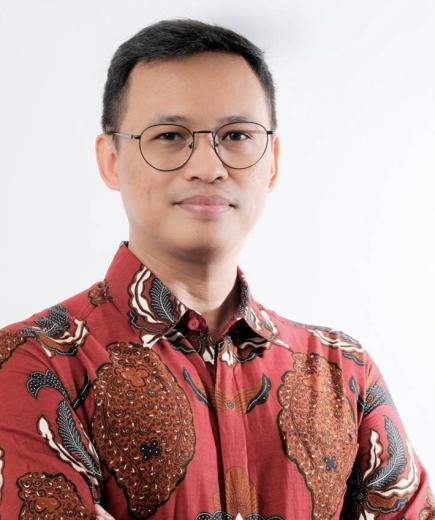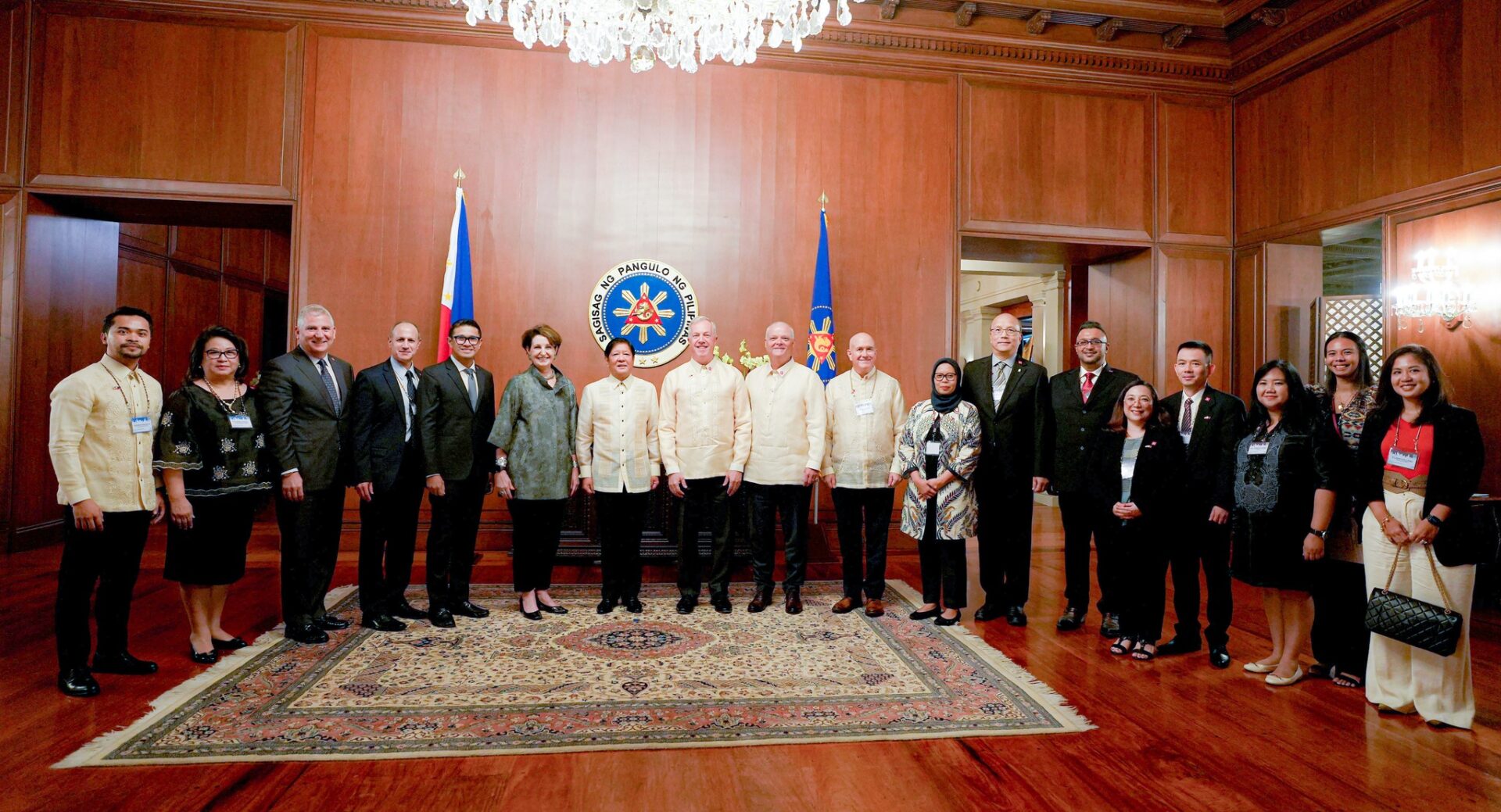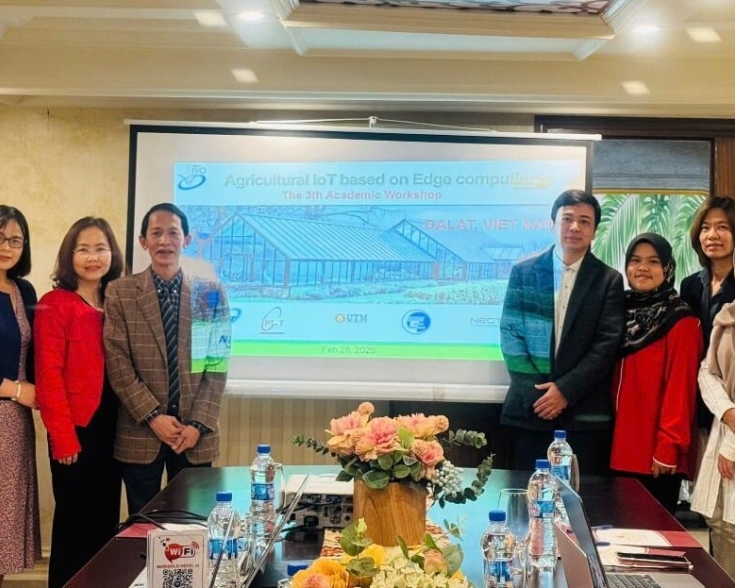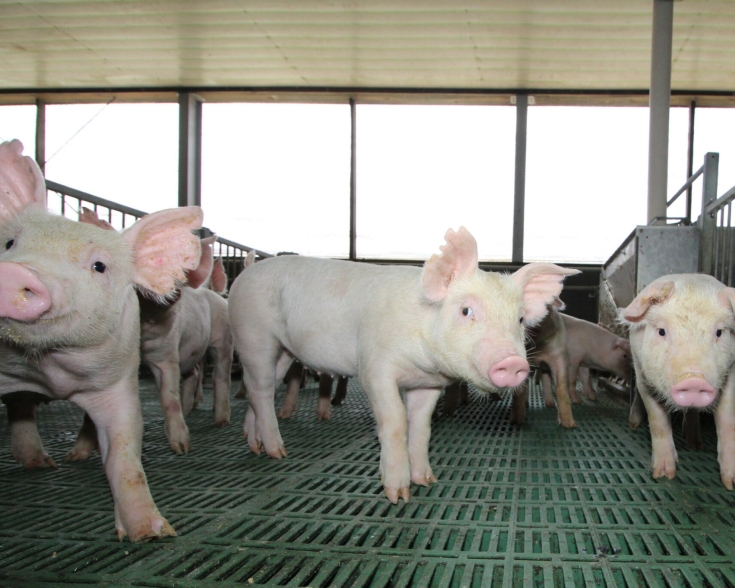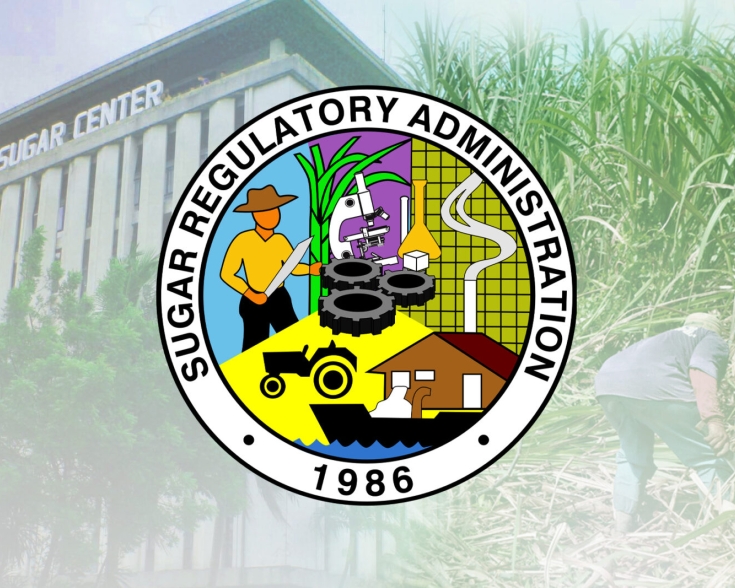Philippines Advocates for Food Security
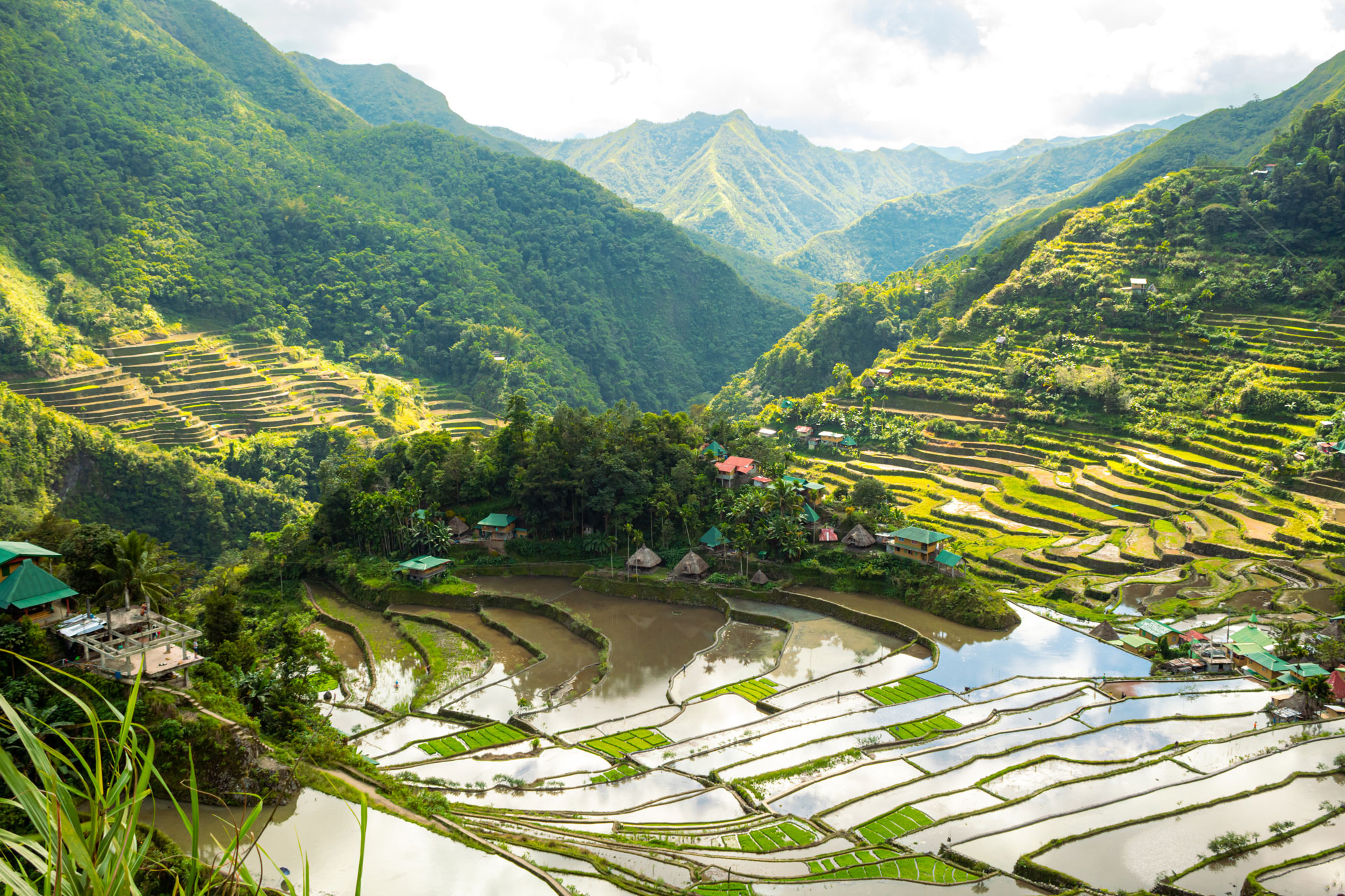
The “ASEAN’s Initiatives and Japan’s Contribution” symposium took place in Tokyo, commemorating the 50th Year of ASEAN-Japan Friendship and Cooperation. The ASEAN-Japan relationship encompasses critical areas such as food security, climate action, energy security, supply chain resilience, and infrastructure development. As geopolitical tensions escalate between the U.S. and China and concerns about climate change loom large, the collaboration between Japan and ASEAN for food security emerge as a potential catalyst for US food and beverage industry engagement in the region.
Recognizing the significance of food as a source of power and the critical importance of maintaining reliable access for regional security, the Japan-ASEAN collaboration on food security aligns seamlessly with the U.S. Government Global Food Security Strategy 2022-2026. Concurrently, the U.S. Government’s Strategy, focused on key areas like equity, climate change, COVID-19 resilience, conflict mitigation, and food system collaboration, can guide the ASEAN-Japan road map further to address urgent crises undermining food security in the region. Strengthening U.S. food and beverage industry engagement in the region can be enhanced by building on the measures and lessons from the U.S. Strategy and the ASEAN-Japan strategy.
During the ASEAN-Japan Summit, President Marcos of the Philippines advocated for ASEAN to enhance collaborations with Japan in resilient and sustainable agriculture and food systems through the adoption of new technologies and innovation. The goal is to ensure regional food security and implement the ASEAN Regional Guidelines for Sustainable Agriculture. President Marcos called for Japan’s support in extending the ASEAN-Japan Strategic Economic Cooperation Roadmap beyond 2025, outlining a 10-year framework focusing on climate action and agricultural technologies. Given the increasing need for Southeast Asian nations to invest in R&D and advanced technology for localized food security solutions, President Marcos’ initiatives with Japan set the stage for strategic collaborations across all ASEAN nations.
Under his commitment to prioritize food security in the Philippines, President Marcos is committed to implement a CARD (Community Assistance and Rice Discount) discount voucher in 2024. This initiative aims to enable low-income families to purchase 25 kilograms of affordable and high-quality rice monthly. The funds, earmarked under the P5.768-trillion 2024 national budget, will benefit 20 million Filipinos.
In a continuation of leadership, the Philippines government will be meeting with the U.S. food and agriculture sector during the Council’s 2024 Philippines Food & Agriculture Industry Mission from February 13-15 in Manila. This mission will focus on enhancing food security, safety, and sovereignty, promoting sustainable agriculture in the Philippines through climate-smart and agri-tech solutions, implementing Extended Producer Responsibility (EPR) for plastic management in the F&B industry, leveraging technology and innovation for sustainable food and agriculture, and supporting national programs in the AFF sector for rice, corn, livestock, and high-value crops. The business delegation is set to meet with senior officials of different government agencies, including the recently appointed Secretary of the Department of Agriculture.


